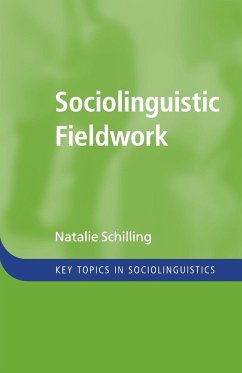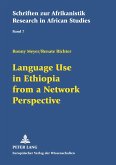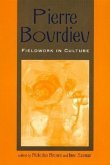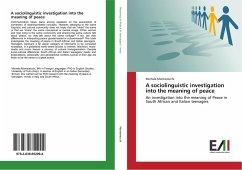Looking for an easy-to-use, practical guide to conducting fieldwork in sociolinguistics? This invaluable textbook will give you the skills and knowledge required for carrying out research projects in 'the field', including: - How to select and enter a community - How to design a research sample - What recording equipment to choose and how to operate it - How to collect, store and manage data - How to interact effectively with participants and communities - What ethical issues you should be aware of. Carefully designed to be of maximum practical use to students and researchers in sociolinguistics, linguistic anthropology and related fields, the book is packed with useful features, including: - Helpful checklists for recording techniques and equipment specifications - Practical examples taken from classic sociolinguistic studies - Vivid passages in which students recount their own experiences of doing fieldwork in many different parts of the world
'Natalie Schilling learned the 'secrets of sociolinguistic fieldwork' (as she so aptly puts it) in both urban and rural settings. Her hands-on experience gives her book uncommon breadth, and her sensitivity, both scientific and social, gives it unrivalled depth.' J. K. Chambers, University of Toronto








